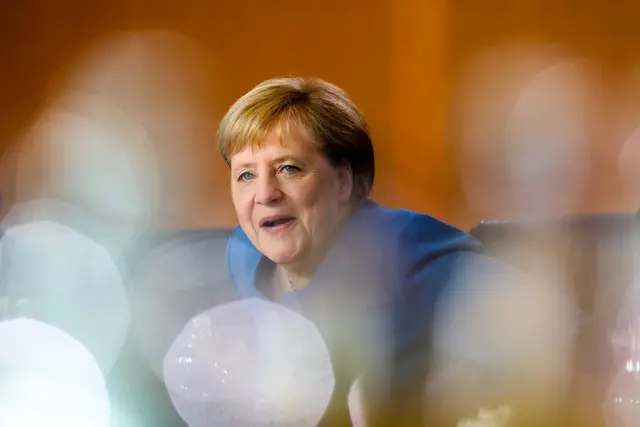By APD writer Aditya Nugraha
In a bid to meet a 2030 climate target of cutting greenhouse gases by 55 percent on 1990 levels, Germany government has agreed to set price on carbon emission.
The package, which is estimated to cost euro 54 billion (US$ 60 billion), was enacted amid nationwide protests over the plans.
The plans would be implemented in price for CO2 emission in transport and buildings and taxes for long-distance rail. The air travels would be considered later.
"We are not living sustainably today," Germany Chancellor Angela Merkel said to address the carbon pricing scheme approval.
Big protests were staged across the country, including in Berlin, Cologne, Dresden and Hamburg, carried out by hundreds of people on Frlday.
Gradual implementation of carbon pricing scheme would commence from 2021, applied on petrol, diesel, gas and heating oil.
An initial three eurocents will be added to the cost of a liter of petrol and diesel, rising to between 9 and 15 cents by 2026.
The system will be based on a trade in emissions certificates under the EU's emissions trading scheme. A ton of carbon is currently cost euro 36.30. Government planned to raise the price to euro 35 by 2025 with a cap of euro 60.
Government would exempt long-distance commuters from carbon tax, provide incentives for residents who modernize their heating systems with climate-friendlier models. Ban for new oil-fuelled heating systems will also be applied.
Incentives residents buying electric cars as well as photovoltaic panels and wind turbines are also planned.
Germany is on course to miss its 2020 target of reducing 1990 greenhouse gas emissions by 40 percent. Now it is focusing on 2030 target.
(ASIA PACIFIC DAILY)
 简体中文
简体中文

